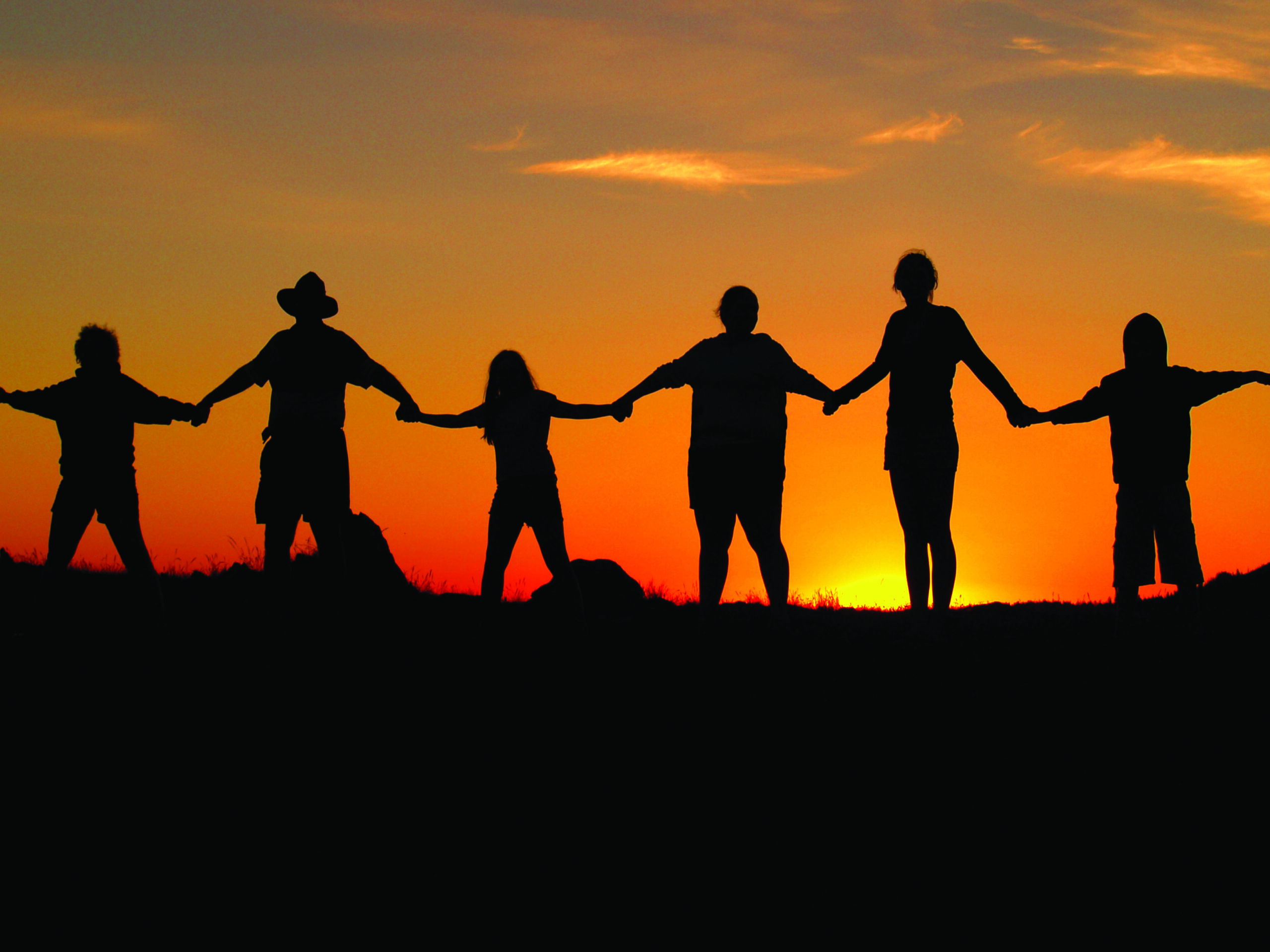A very successful on-line working meeting was held on December 17, 2020 regarding «Standards for recycling» in the context of action A1.4 «Review of Standards and technical specifications for the use of secondary materials».
A number of key industry stakeholders participated in the meeting, organized by the Green Fund and NQIS-ELOT;
the Ministry of Environment & Energy as the project coordinator, the Hellenic Recycling Association as a project beneficiary, ANAMET SA Recycling Industry, an end of life vehicle recycler, Waste Management of Western Macedonia – DIADYMA SA, a project beneficiary and waste treatment & management body, the plastic recycling company KANELLAKIS SA, the collective alternative waste management systems: Hellenic Recovery Recycling Corporation SA and Appliances Recycling SA, the cement industry TITAN SA as a recipient of secondary materials, the recycling company KAISIDIS for construction and demolition waste, the Association of Greek manufacturers of packaging materials AGMPM and executives from the National Focal Point of Circular Economy from the Ministry of Environment & Energy.
During the meeting and through the presentation of the achievements of stakeholders who are involved in the management of materials and constitute the basis of the circular economy model that LIFE-IP-CEI-Greece aspires to build, particular needs for performance improvement were presented and discussed.
Material recovery actors aiming at preparation for reuse, reuse and recycling/composting, through the European and national legal framework, are called to achieve specific quantitative targets, thus realizing the vision of circular economy. They are all called to contribute towards these goals, in order to reduce the consumption of raw materials and energy, to reduce the national and European dependency on importing them, to create value chains and protect the environment. During the meeting the role of LIFE-IP CEI-Greece in the field was also highlighted, which is the development of standards for secondary materials.
The shared conclusion from the suggestions and viewpoints of the meeting participants was the demand for joint efforts, aiming at improving and tightening the institutional framework with regard to material management procedures, as well as “shielding” it with realistic standards and procedures. Through standardization processes, that “translate” policies into practices, the way can be paved for the implementation of circular economy, giving a second, third or even further opportunities for materials to become products and not end up as waste. The fruitful dialogue has begun and will continue, as a key tool, to achieve the plan of recording the needs in quality control and standardization at all stages of material value recovery; and so we hope to offer valuable conclusions and implementation proposals for the continuation of the project.

